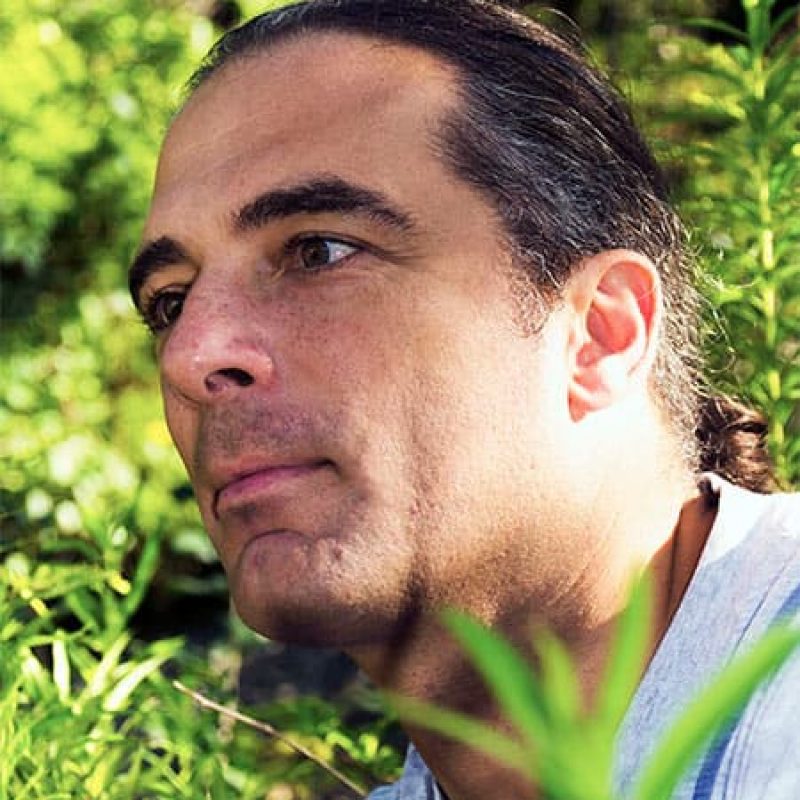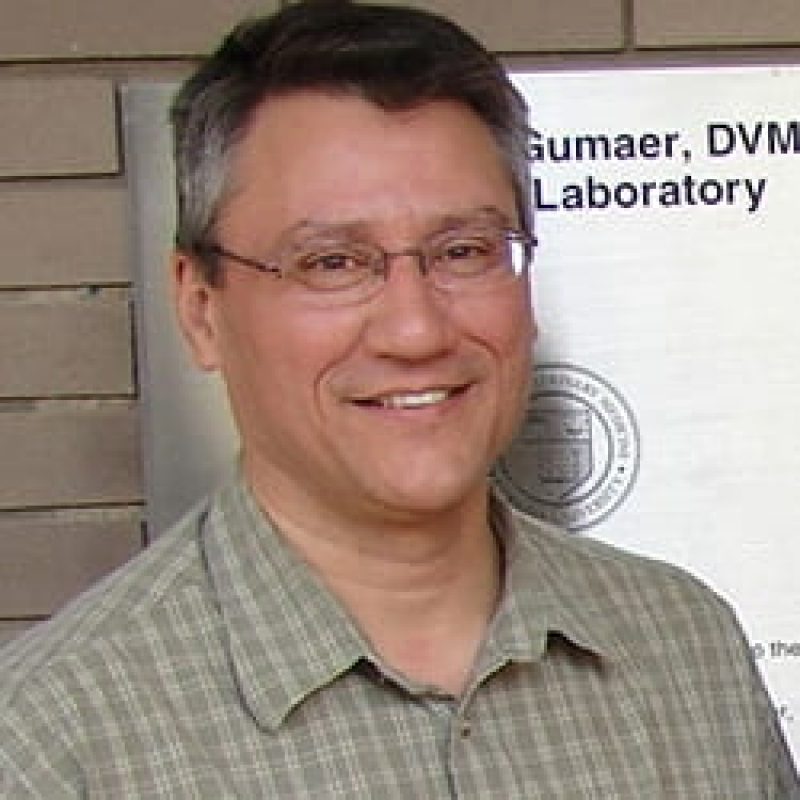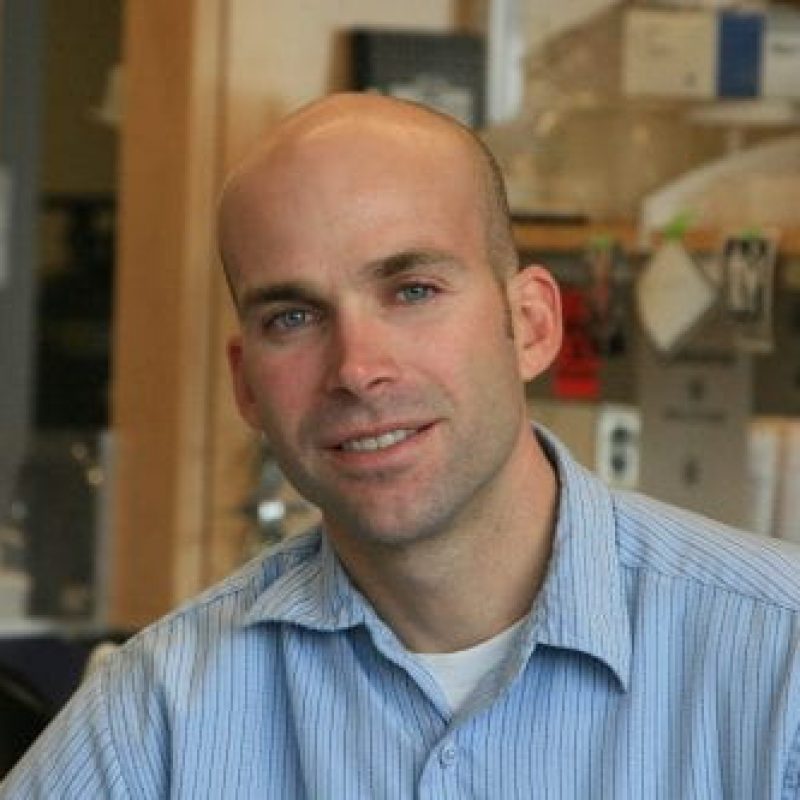Tag: Microbiota and Microbiomes
-

Andrew Moeller
We study the evolution of vertebrate gut microbes. Our work focuses on the co-evolutionary histories of animals and their microbiota using a combination of omics approaches, gnotobiotic experiments, and field studies. Students will gain experience in anaerobic bacterial culturing, genome sequencing workflows, and comparative genomics bioinformatics[...] -

Scott McArt
We study how pathogens influence pollinator health. Students collect data on plant-pollinator visitation networks, pathogen prevalence in bees and at flowers, pathogen replication and impacts on host survival, or conduct manipulative experiments to understand transmission parameters. The overall goal of our work is to improve[...] -

Daniel Klessig
Our research is focused on understanding how plants protect themselves against microbial pathogens at molecular and cellular levels. Major goals are to determine the mechanisms of salicylic acid (SA) activation and regulation of the plant’s immune responses, and to identify new targets or aspirin (acetyl[...] -

Andre Kessler
The research in the Kessler Lab focuses on the ecology and evolution of plant chemical defenses (secondary metabolites) to pathogens and herbivores and the role of soil microbial communities to affect and be affected by plant secondary metabolism. Thus we try to understand how microbially-mediated[...] -

Gerald Duhamel
My research is focused on the eukaryotic cell DNA damage response (DDR) to a novel bacterial genotoxin called cytolethal distending toxin (CDT) within the context of intestinal disease of human and animals. I also have extensive experience in the development and assessment of laboratory animal[...] -

Andrew Clark
We study the molecular evolution and population genetics of the immune system in Drosophila and other insects, specifically focusing on comparative genomics and transcriptional regulation of the immune response. We also explore host genetic variation in microbiome composition and function in a large human twin study and[...] -

Maren Vitousek
My lab studies how stress and social interactions alter the biological state of organisms and their gut microbes. Much of our work uses free-living passerine birds as systems to test the gut microbial impacts of stress and social connectedness. Student projects will involve field work[...] -

Gillian Turgeon
The Turgeon lab works on mechanisms of fungal virulence to plants with particular emphasis on the roles of fungal secondary metabolites, iron and oxidative stress. Classical genetic, molecular genetic, and genomic approaches are used. -

Christine Smart
Two main areas of study in the Smart lab include identifying genes in bacterial pathogens that enable movement within a plant, and understanding the population diversity of rapidly reproducing oomycete pathogens. These studies enhance our knowledge of pathogen virulence determinants and further elucidate how plants[...] -

Brian Rudd
The Rudd lab is interested in how microbes alter immune development and how the adaptive immune system protects the host against acute and chronic pathogens.
